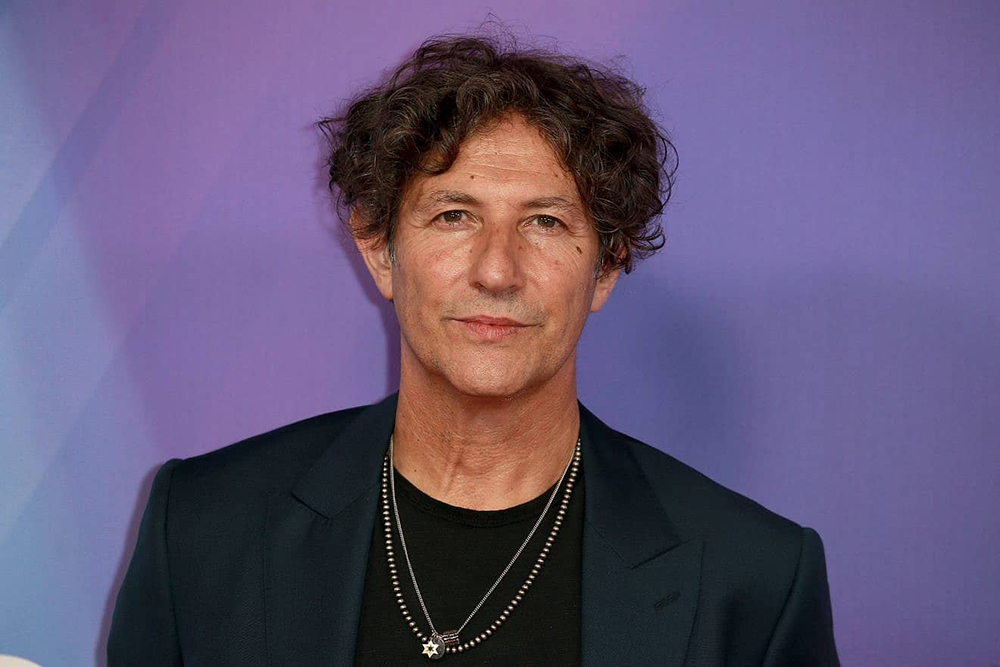|
Getting your Trinity Audio player ready...
|
Jewish Hollywood Figures Condemn “The Zone of Interest” Director’s Comments on Israel at Oscars
Edited by: Fern Sidman
The recent Oscars ceremony, typically a celebration of cinematic achievement, has sparked controversy within the film industry as director Jonathan Glazer’s remarks critical of Israel drew sharp criticism from hundreds of Jewish actors, producers, and industry professionals, as was recently reported in the New York Times.
Described as a “statement from Jewish Hollywood professionals,” the letter denouncing Glazer’s comments was signed by prominent figures including Debra Messing, Julianna Margulies, Lawrence Bender, Amy Pascal, and Amy Sherman-Palladino, among others, according to the information provided in the NYT report. The widespread condemnation underscores the sensitivity surrounding discussions of Israel and the Holocaust within the Jewish community.
Allison Josephs, an activist advocating for Jewish representation in film and television, confirmed the signatories and noted that the letter had garnered nearly a thousand signatures by Tuesday morning, the NYT report said. The swift response highlights the significance of the issue and the unity among Jewish Hollywood figures in addressing Glazer’s remarks.
Glazer’s speech upon accepting the Oscar for international feature for his film “The Zone of Interest,” which explores the complexities of life within Nazi concentration camps, ignited controversy with its commentary on present-day conflicts involving Israel, the report in the NYT indicated. While acknowledging the film’s exploration of dehumanization and its consequences, Glazer’s remarks drew ire for equating the Holocaust with ongoing conflicts in the Middle East.
In his acceptance speech, Glazer stated, “Right now we stand here as men who refute their Jewishness and the Holocaust being hijacked by an occupation which has led to conflict for so many innocent people,” the report added. He went on to reference specific incidents, including the October 7th attacks in Israel and the ongoing conflict in Gaza, framing them as manifestations of dehumanization.
The director’s comments sparked immediate backlash, with many within the Jewish community expressing outrage over a misrepresentation of historical events and a politicization of the Holocaust, as per the report in the NYT. Critics argue that equating the Holocaust with contemporary political conflicts diminishes the unique horrors of the Holocaust and undermines efforts to combat anti-Semitism.
The letter signed by Jewish Hollywood professionals condemns Glazer’s remarks as divisive and misguided, emphasizing the importance of preserving the memory of the Holocaust without politicizing its legacy. It underscores the need for sensitivity and nuance in discussions surrounding Israel and the Holocaust, particularly within the context of mainstream media and cultural representations.
“We refute our Jewishness being hijacked for the purpose of drawing a moral equivalence between a Nazi regime that sought to exterminate a race of people, and an Israeli nation that seeks to avert its own extermination,” the letter asserts, expressing strong opposition to the comparison made by Glazer, as was noted in the NYT report.
The letter further argues against Glazer’s portrayal of Israel’s actions, stating, “Israel is not targeting civilians. It is targeting Hamas. The moment Hamas releases the hostages and surrenders, is the moment this heartbreaking war ends.” This assertion challenges Glazer’s characterization of the conflict and calls into question the accuracy of his statements.
8 days later and Jonathan Glazer’s acceptance speech still hasn’t been uploaded to the @TheAcademy’s YouTube channel. pic.twitter.com/ZXdQHQ77BV
— sabrina ramirez (@sabrinaonfilm) March 19, 2024
Additionally, the NYT reported that the letter accuses Glazer’s speech of perpetuating anti-Jewish sentiment and lending credence to what it describes as a “modern blood libel” that fuels hatred against Jews globally, including in the United States and Hollywood.
Glazer’s remarks, which received applause at the ceremony before sparking criticism, have been subject to some confusion and misinterpretation. Early reports appeared to misquote Glazer, leading to misunderstandings regarding the nature of his comments. The NYT explained that while Glazer clarified that he was refuting the hijacking of his Jewishness by an occupation, some perceived his language as condemning Israel as a whole, rather than specific actions or policies.




